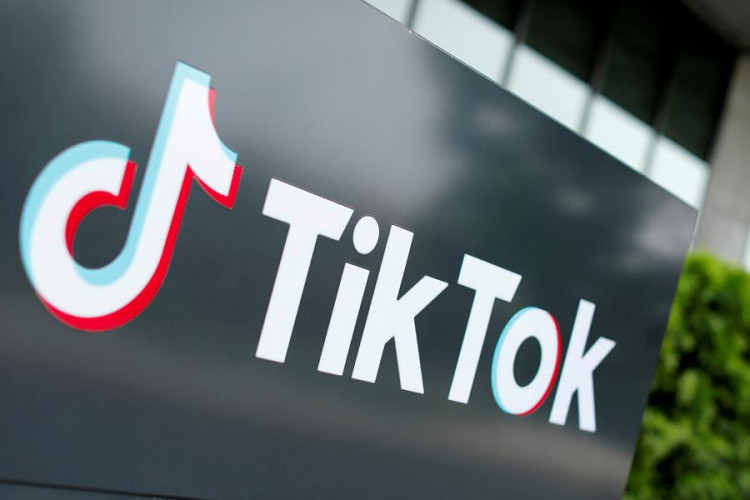The Supreme Court has announced it will hear arguments on January 10 regarding TikTok's challenge to a federal law that could lead to a nationwide ban of the popular video-sharing app. The case centers on whether the law, which requires TikTok to divest from its Chinese parent company ByteDance or face prohibition in the United States, violates the First Amendment.
In an order issued Wednesday, the court responded to TikTok's emergency application seeking to delay the January 19 divest-or-ban deadline. Instead of granting an immediate stay, the justices expedited the case, placing it on their regular docket to address the matter in full. The swift scheduling underscores the high stakes involved in the intersection of national security and free speech rights.
A federal appeals court had previously upheld the law earlier this month. The U.S. Court of Appeals for the District of Columbia Circuit ruled that the government's national security concerns about TikTok's ties to China justified the "significant" impact of a potential ban, superseding any free speech issues raised by the company.
"Fear-mongering about national security cannot obscure the threat that the Act itself poses to all Americans," TikTok argued in its appeal to the Supreme Court. The company contends that the law is unconstitutional and that it does not pose a threat to U.S. national security.
The Supreme Court has set an unusually rapid briefing schedule, with opening briefs due by December 27. This timeline allows the justices to render a decision before the January 19 deadline and before President-elect Donald Trump's inauguration the following day.
President-elect Trump, who had vowed to "save TikTok" during his campaign, has expressed sympathy for the platform but has provided few specifics on his plans to protect it. When asked on Monday whether he would seek to prevent the ban from taking effect, Trump said he would "take a look." He added, "I have a warm spot in my heart for TikTok."
Trump's comments came during a press conference at his Mar-a-Lago resort in Florida, where he also met with TikTok CEO Shou Zi Chew. Details of their discussion have not been disclosed, leaving observers to speculate on whether the president-elect might intervene in the escalating legal battle.
Experts suggest that Trump could broker a deal to address national security concerns while allowing TikTok to continue operating in the U.S. Michael Sobolik, a senior fellow at the American Foreign Policy Council, stated, "If you really want TikTok to operate in the United States, and if you want it to operate safely for Americans, then there needs to be a complete separation from its parent company."
Rep. John Moolenaar (R-Mich.), chairman of the House Select Committee on China-which led the charge on the ban-or-sale bill-echoed this sentiment. "President Trump is a great negotiator. He loves America. He loves our national security," Moolenaar told The New York Post. "He also recognizes that TikTok is a very valuable platform, and I think he will be able to put together a coalition of people who want to see this app continue in the United States, but do it in a secure way."
The Justice Department has described TikTok as "a national-security threat of immense depth and scale," alleging that the app functions as a Chinese spying and propaganda tool on U.S. soil. The department cites concerns over data collection practices, location tracking, and potential manipulation of content served to users.
TikTok has vehemently denied these allegations, insisting that it operates independently of the Chinese government and prioritizes user privacy and security. The company argues that the forced divestment is unconstitutional and that the tight deadline makes finding a buyer impractical.
China has also opposed any forced sale of TikTok, indicating it would resist attempts to sever ByteDance's ownership. Beijing has implemented export controls that could prevent the transfer of TikTok's proprietary algorithms to a foreign entity.
With limited options, Trump could advocate for Congress to amend or reverse the law, though this may prove challenging given the bipartisan support it initially received. Alternatively, he could direct the Justice Department not to enforce the ban, but this could shift legal liabilities to app store operators like Google and Apple.
Industry observers suggest that TikTok's fate may become a bargaining chip in broader negotiations with China. Nathan Leamer, a former FCC policy adviser and CEO of Fixed Gear Strategies, commented, "With Trump in office, it's a whole new ballgame to hold China accountable. TikTok is an arrow in his quiver. Maybe they do make a deal for the CCP to divest."
As the January 19 deadline approaches, the tech industry and millions of American TikTok users await the outcome of this high-profile case.






